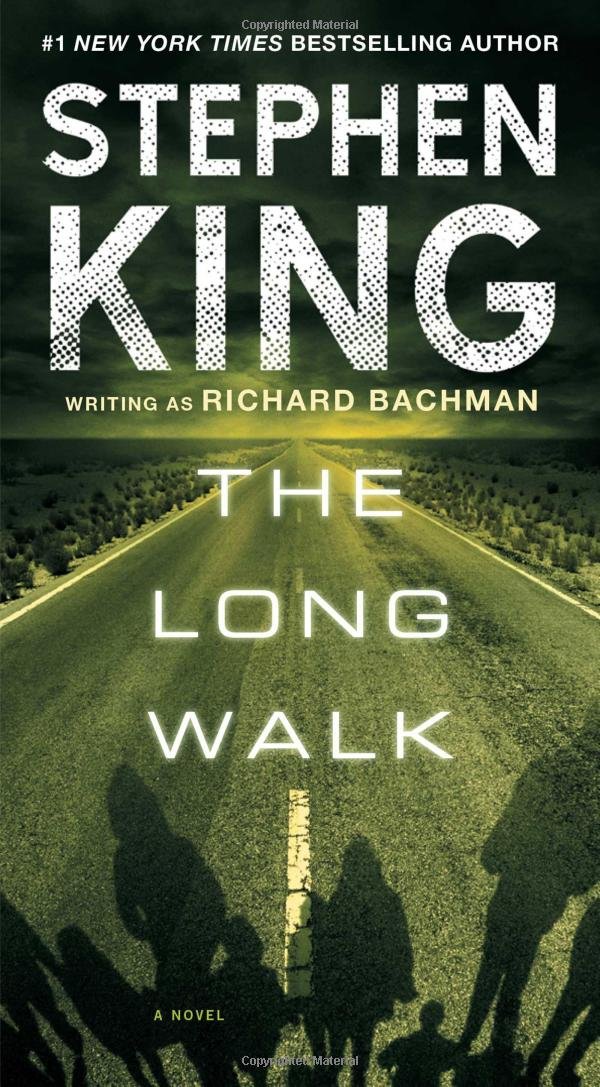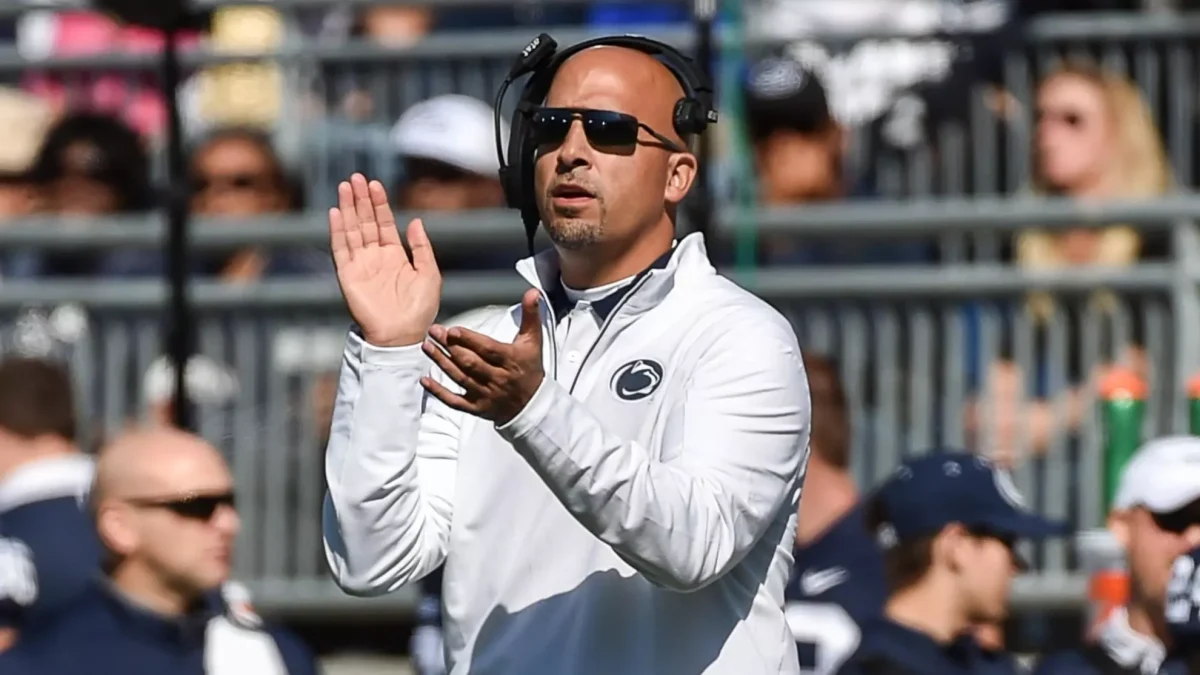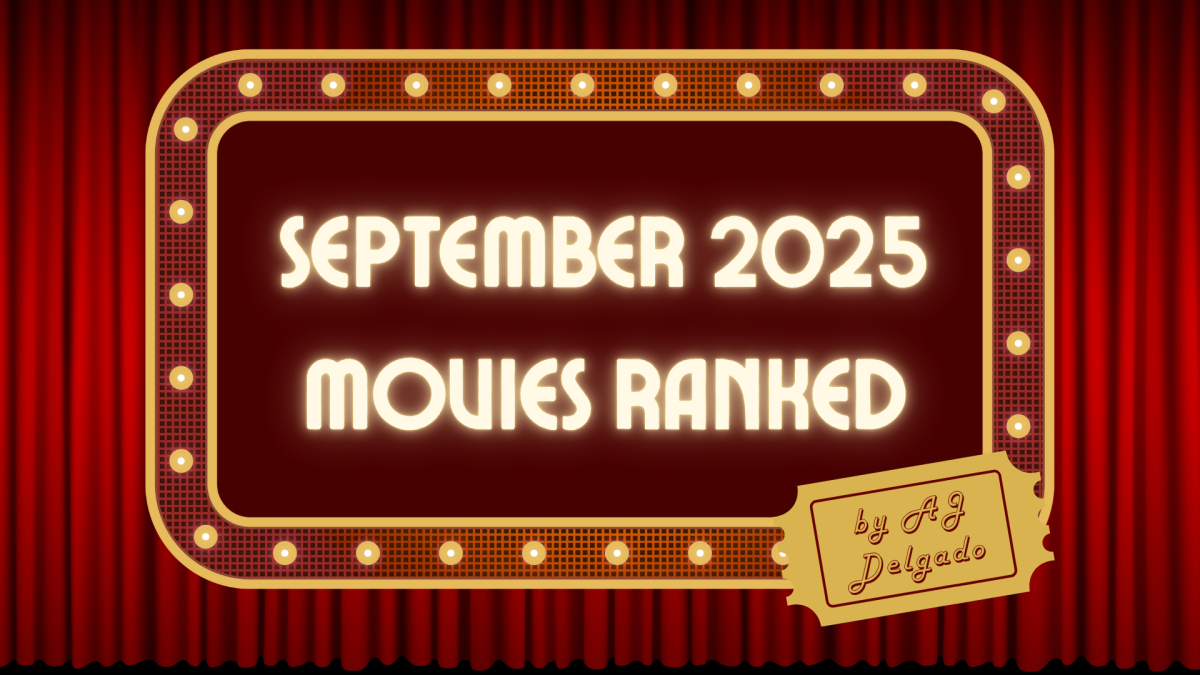Reed Books: The Long Walk
October 16, 2019
The Long Walk, originally published under Stephen King’s past pseudonym Richard Bachman, is a harrowing story and brilliant masterpiece, and is one of King’s best works in terms of manipulating the emotions of the reader.
The book takes place in modern-day America, with hints of an alternate history (such as references to “April 31st” and the Germans winning World War II) scattered through the novel.
The plot is relatively simple; 100 teen boys compete every year in The Long Walk, a competition of sheer endurance and will. They must maintain a walking speed of four miles an hour – if they fall below, they are issued a warning. After three warnings, the walker is shot.
There is no finish line; it is only complete when a single boy remains, who is granted The Prize: anything he wants for the rest of his life.
The reason for the Walk is simply for America’s annual entertainment. The boys submit themselves to the competition, and 100 are picked based off of their submission. No one is forced to undergo the horrors of the Walk, psychologically and physically, and yet, many do. The motives for these boys are all different; one has a pregnant girlfriend, and wants to financially support his family. Another believes everyone has a subconscious death wish and this is a slow-acting suicide. The protagonist, Ray Garraty, never truly reveals what his reasoning for joining the Walk is; it is often hinted at that he doesn’t really know himself.
Because of the dystopian undertones mixed with the common a-bunch-of-teenagers-die-for-entertainment trope, this novel has often been compared to The Hunger Games series, and others of the sort. However, there is a key difference – this book is simply about enduring the Walk. Not hijacking it, not taking down the government, simply surviving. There is no rebellion spreading, or rumors about assassinations. At the end of the novel, 99 boys are dead, and 1 (possibly) survives. It is brutal, but it is real. It follows all the rules, but the reader is still shocked by every plot point.
The manipulative tool King uses is the pace of when important information is revealed to the readers.
 At the start of the novel, King describes the death of a Walker as “buying a ticket”. The reader is left in the dark about what this entails until a few chapters in, when the first boy is shot by the soldiers riding along in the half-tracks. Garraty and the others all knew this consequence, but it was purposely kept hidden from the reader. Suddenly, the stakes are raised.
At the start of the novel, King describes the death of a Walker as “buying a ticket”. The reader is left in the dark about what this entails until a few chapters in, when the first boy is shot by the soldiers riding along in the half-tracks. Garraty and the others all knew this consequence, but it was purposely kept hidden from the reader. Suddenly, the stakes are raised.
Another example of this is when it is revealed that Garraty’s father was taken away by the government, probably for ridiculing the Walk. While the intricacies of this totalitarian government are never fully established, this detail drives home the ruthless and cruel attitude of the soldiers on the citizens, and it is made clear why no one criticizes this competition.
Many believe that The Long Walk is an allegory for the Vietnam War, as it was written in 1966, when King was only 19 years old. He was watching his friends die around him as they were drafted, and this fear seeped into the novel. The whole idea of senseless death is well-established throughout the story, and is how many viewed the War itself. Hints of a confusing and heartbreaking homosexual subplot are also present, looked upon in the same way the army viewed the LGBTQ+ community at the time. The loss of respect for country as survival instincts kick in is obvious in the boys attitude towards the Major, the leader of the country, through the book. In the beginning, they see him as a respectable and powerful figure, but later, mock and ridicule him as they realize he is the reason they are all suffering this way.
Whether this theory is true or not, The Long Walk serves as a reminder that what is entertaining is not always healthy – and, possibly more important, the ones who don’t make history deserve to have their story told just as much as the ones who do. While the ending of the novel is a bit abrupt and shows King’s immaturity in his writing style at that point of his career, the manipulation of emotions and knowledge of the reader, as well as the balance between physical violence and mental deterioration, make this novel one of the best in the King universe
















































